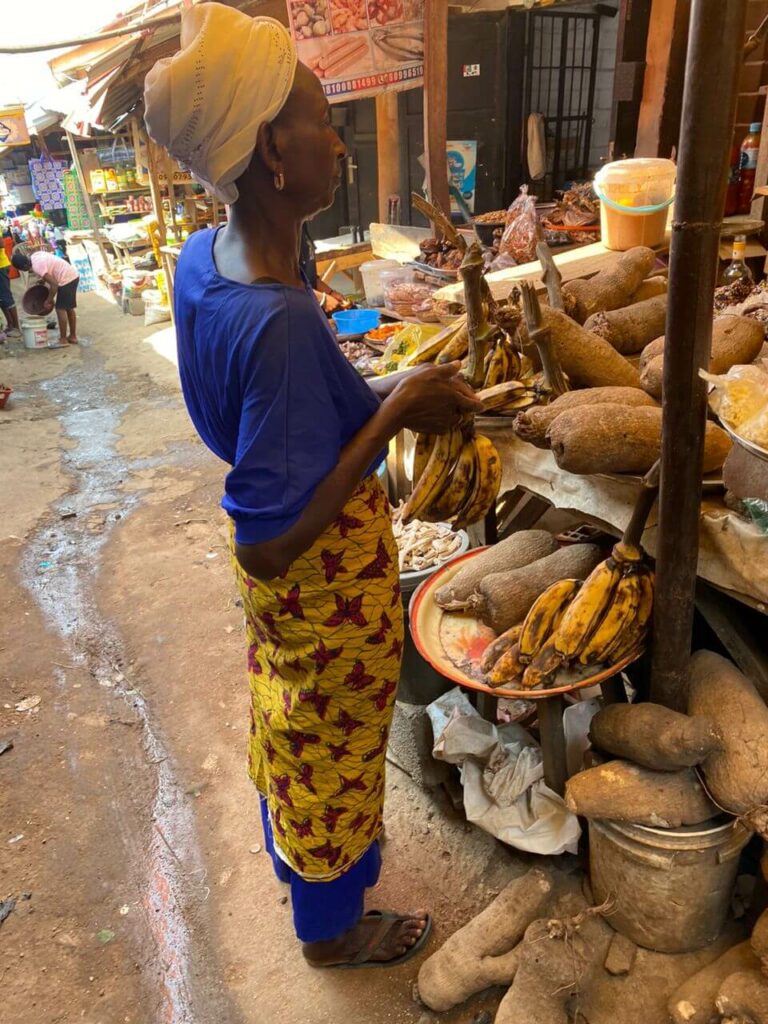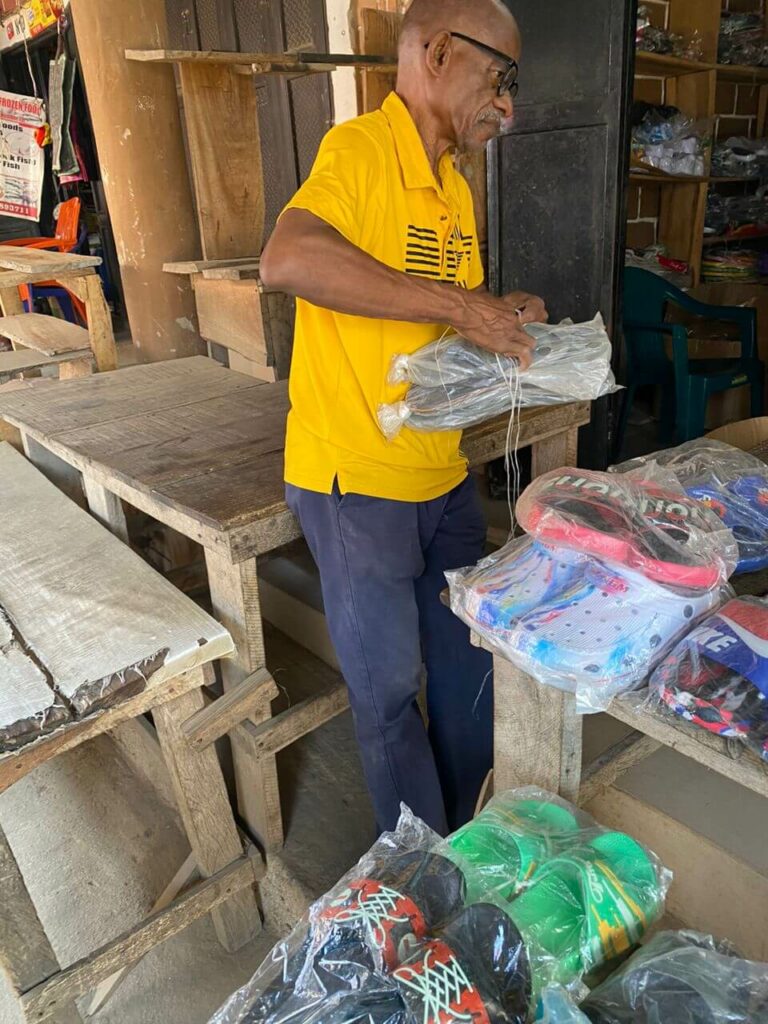The scarcity of cash has continued to bite harder across many states and the Federal Capital Territory (FCT). The cash crunch has forced less technology-savvy market women and men to switch to mobile and online payment services that are now being adopted by many small businesses in the nation’s capital.
Banana and groundnut sellers, vegetable vendors, and neighborhood grocery stores are among those that have adopted the use of POS (point of sale) after the ban on old notes by the government swept away over N2.5 trillion of Nigeria’s total currency in circulation as of February.
Advertisement
Our correspondent over the weekend visited some of the local markets in the FCT and found that hundreds of small vendors and businesses have switched to mobile and online payment services.
Several payment gateways, such as Opay, Palmpay, Monnie Point, and Kuda amongst others are already being adopted by these old-market traders
The demand is being fueled by the fact that Nigeria’s cash crunch has drastically reduced the total amount of Naira in circulation, which has forced the masses to adopt other payment systems.
Joke Balogun from Oyo State, who sells Banana and groundnut at Dutse market, told THE WHISTLER that the cash crunch affected her small banana business which she has been doing for over ten years.
Advertisement
The mother of six also stated that the scarcity of cash made her adopt other payment systems just to remain in business.
“At first when they ban the old cash, I was among the people that insisted that people have to buy my banana or groundnut with cash, but when it started affecting me, I decided to register with Opay so that people can transfer if they don’t have the cash to buy.
“So, we started collecting transfers from anyone interested in buying. We still make sales but not compared to when there was cash in circulation. When I go to buy from my supplier, I also pay them with either cash or through mobile payment.”
Also speaking on the cash crunch, Janet, a local grocery seller at Bwari market said, “We have no choice, we had to start collecting transfers so that people will buy because there is no cash anywhere, this cash wahala is affecting everybody, so we had to adjust, a lot of times the network will disturb, but we are managing it small.
“This cash scarcity is badly affecting businesses, people are not buying as they used to and my goods will get spoilt if I don’t allow the transfers, so it has become necessary.”
Advertisement

On his part, Joseph Chukwu, a footwear vendor at relocation market Kubwa said, “Yes, I accept transfers and use POS now because I sell footwear and it’s quite on the high side in terms of price, and since people don’t have the cash to pay, I had to start using this transfer of a thing, it can be frustrating at times because the bank might debit the customer and I will not see the money, so I have to take their number and all that.
“But we are managing the situation, POS people are going around too, they will debit the customer and send the money to us, that one is better because we trust the POS people, and they will get their charges too.”

Meanwhile, experts have said that lack of access to cash has affected consumption patterns and trade for small and medium businesses in the informal sector, a major employer that includes farming, street and market trade, and public transport.
The chief economist of KPMG Nigeria, Oyeyemi Kale, projected that Nigerian GDP which stood at N198 trillion in 2022 will lose about N10 trillion to N15 trillion as a result of the Naira scarcity induced by the CBN policy.
Advertisement
Similarly, the Centre for the Promotion of Private Enterprise (CPPE) in a report said Nigerian Economy lost an estimated N20 trillion due to the Central Bank of Nigeria’s (CBN) naira redesign cashless policy since its implementation in January this year



